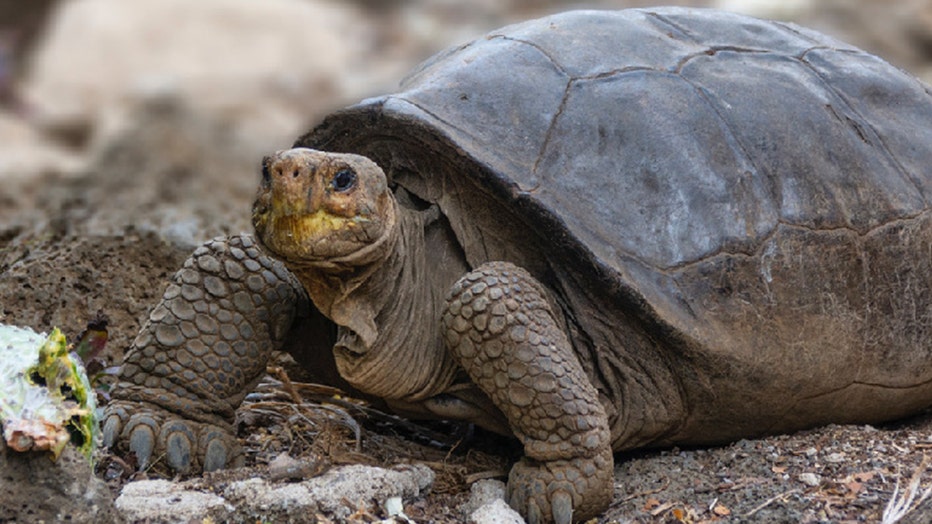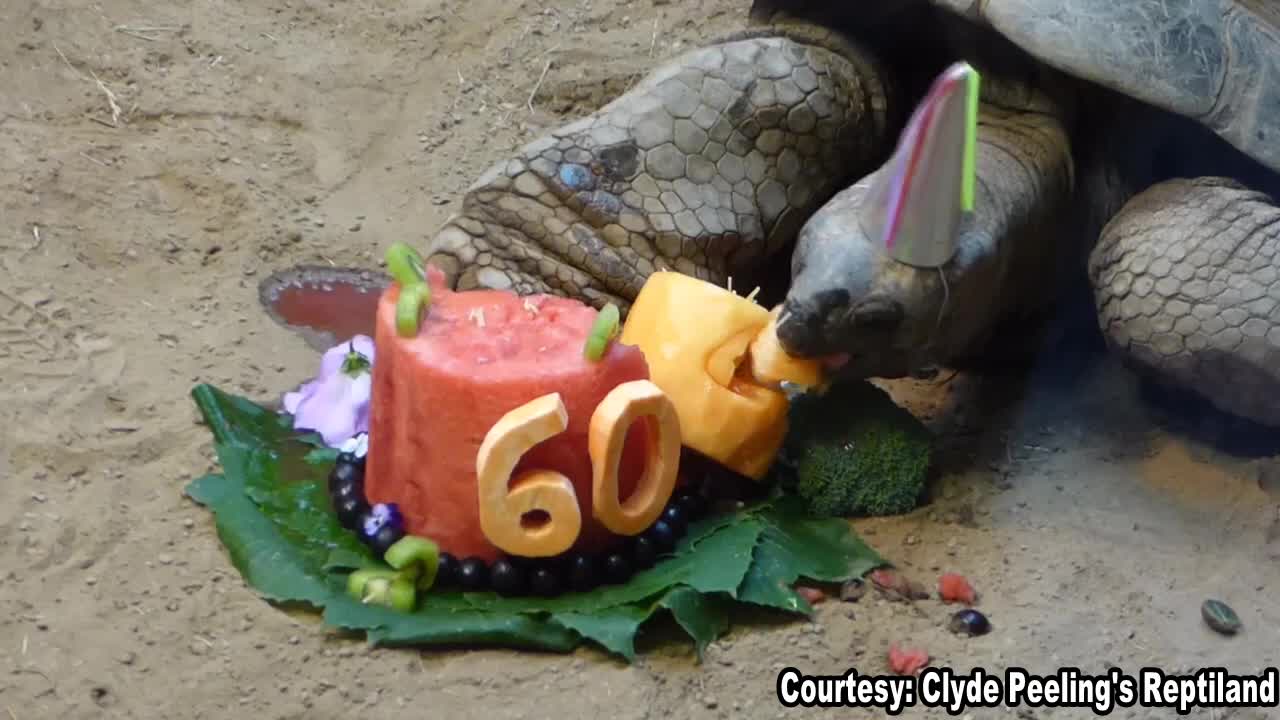Giant tortoise thought to be extinct more than 100 years ago found in Galapagos
Ecuador - A team of scientists has found a giant tortoise from a species thought to have gone extinct more than 100 years ago, according to a press release issued Tuesday.
After two years, a team from Ecuador's Ministry of the Environment and Water and the Galapagos Conservancy organization found an adult female giant tortoise on Fernandina Island, the third-largest island of the Galápagos Islands.
A team of researchers at Yale University compared the DNA of the tortoise with another specimen extracted in 1906.
The team determined that the DNA belonged to the Chelonoidis phantasticus species, which was considered extinct more than a century ago.
"This discovery undoubtedly renews our hope for the recovery of this species, in order to avoid a fate similar to that of Lone George," Danny Rueda, director of the Galapagos National Park, said.

Turtle found in Fernandina corresponds to a species considered extinct 100 years ago (Ministry of the Environment and Water)
According to the researchers, before the discovery of chelonium native to Fernandina, only one male reptile had been found collected during the expedition of the California Academy of Sciences in 1906.
The devastation of giant tortoise populations in the 19th century was due to exploitation by whalers and buccaneers, along with volcanic eruptions.
Park rangers and scientists from the Galapagos Conservancy are planning an expedition later this year to return to Fernandina Island to search for more individuals of this species.
RELATED: 100+ Sonoran desert tortoises are up for adoption in Arizona
"Hope remains intact and Ecuador, once again, confirms the reason why it is one of the most megadiverse countries in the world, one more reason for tourists to choose us as their main natural destination," Gustavo Manrique, minister of the Environment and Water stated.
"One of the greatest mysteries of the Galapagos has been the giant tortoise of Fernandina Island. The rediscovery of this lost species may have happened just in time to save it. Now we urgently need to complete the search to find other turtles, "said Dr. James Gibbs, vice president of Science and Conservation for the Galapagos Conservancy and a turtle expert at the State University of New York.
The current population of this species is estimated at 60,000.


